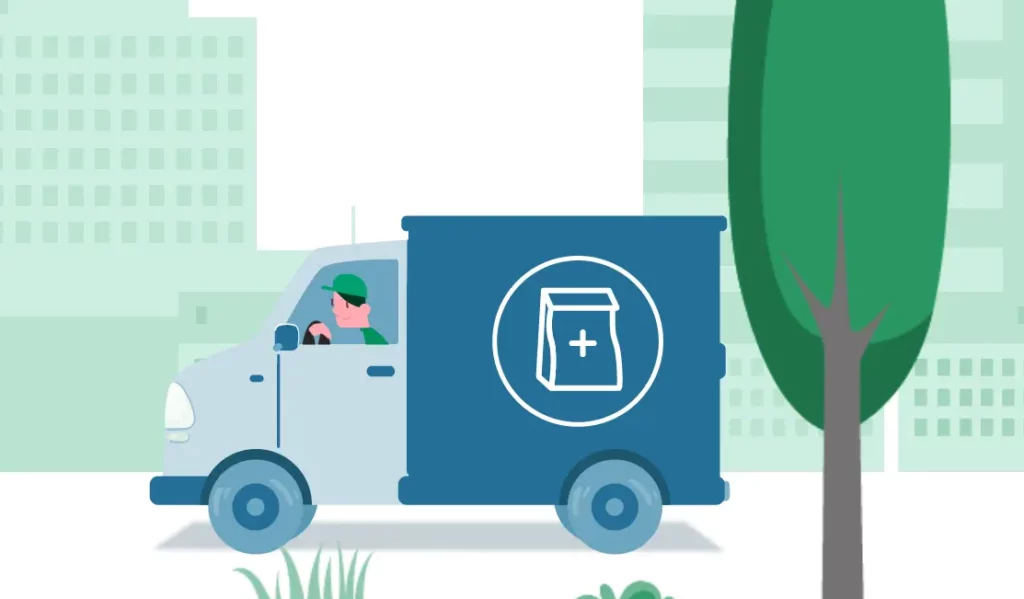If you’ve ever suffered from a panic attack, you already know how overwhelming and frightening the experience can be. Thankfully, it is possible to learn how to manage your attacks so that they reduce in both severity and how often you have them overall.
Common Symptoms of Panic Attacks
Panic attacks are typically characterised by a combination of distressing symptoms, including:
- Rapid heartbeat or palpitations
- Shortness of breath
- Excessive sweating
- Trembling or shaking
- Dizziness or lightheadedness
- Nausea or stomach discomfort
- A sense of unreality or detachment
In addition to the above symptoms, a panic attack can also make you feel like you’re going insane, going to collapse or die.
How to Handle Panic Attacks
While going through the experience of a panic attack can be extremely scary, there are things you can do to reduce their severity. These include:
Recognising the Signs
As simple as it sounds, recognising when you’re having a panic attack is a powerful tool in reducing the strength of the attack itself.
Think of it like this, once you know that your fear of collapsing or dying isn’t real, you can begin to understand that what you’re really experiencing is fear of fear itself.
Once you understand this, the fear should begin to dissipate or at the very least, be more manageable.
Grounding techniques
One of the primary symptoms of having a panic is feeling you’ve detached from reality, like you’re no longer present in the moment – a spectator to your surroundings.
Having techniques that help to ground you can be particularly effective in helping you to stay present and in control of the fear inside you.
Everyone has their own preferred method of doing this, but here are some of the most common:
- Breathing exercises: Taking slow, deep breaths can calm your nervous system and alleviate panic symptoms
- Challenge your thoughts: When you’re experiencing a panic attack, you will often have negative thoughts. Rather than accepting these thoughts as fact in the moment, try instead to challenge them… dissect them… understand that they are not real and replace them with positive thoughts to regain control and reduce your anxiety.
- Recalling senses: Noting the first thing that comes to mind for each of your five senses can help you remain present, this could look something like “I see a cloud. I feel my hand in my pocket. I smell food in the other room. I taste the food I ate earlier.”
- Having a focus object: Having an item in your pocket to hold in your hand during an attack can be a powerful tool to keep you anchored and reduce the severity of your attack, and similar to recalling senses, you can focus on how the item feels in your hand.
Reduce Your Stress Levels
In addition to learning a coping mechanism for your panic attacks, there are some simple things you can do to reduce your overall stress levels:
- Be active: exercising regularly is known to help you reduce stress, deal with emotion and increase your confidence
- Eat a healthy, balanced diet: Eating well and at regular times will help your body to stabilise your blood sugar levels, which in turn reduces stress
- Avoid caffeine, alcohol and smoking: These are known to make panic attacks worse, not better.
Get Your Medication with Healthera
If you’ve been prescribed a medication like citalopram by your GP to help lessen your panic attack symptoms, you can place your prescription order online from your PC or mobile with Healthera.
It only takes a couple of minutes to set up your order for collection or home delivery from your local pharmacy.
To get started, simply click the button below:
